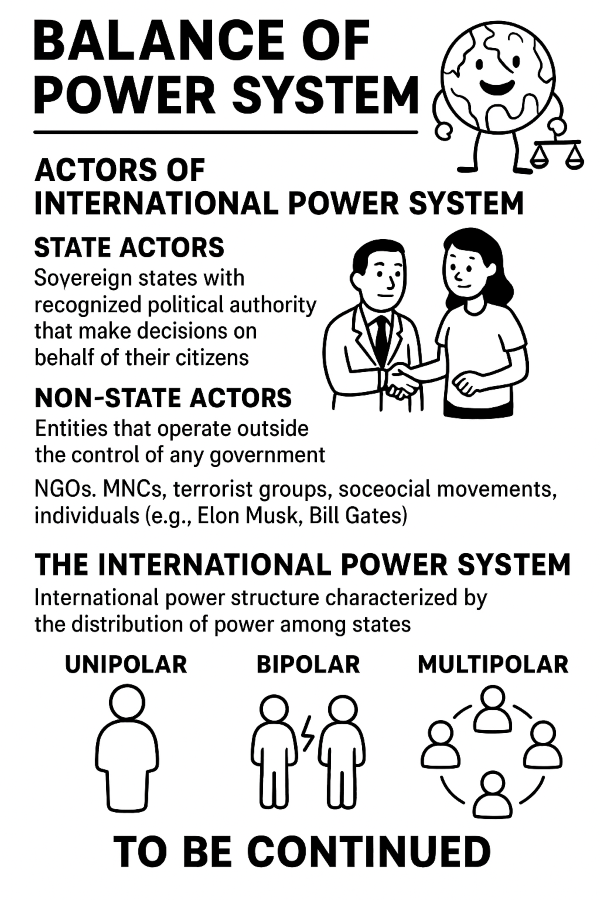Exploring the impact of alcohol consumption and the use of specific drugs – By Dr Harold Gunatillake

 The festive season is here, and it’s a time of joy and celebration. However, for individuals taking certain medications, it’s crucial to be highly aware of potential interactions, as some can even be life-threatening. Older adults, in particular, are at greater risk and should exercise extreme caution when considering alcohol consumption in combination with their medications. By being mindful and responsible, you can ensure your health and safety during this festive period.
The festive season is here, and it’s a time of joy and celebration. However, for individuals taking certain medications, it’s crucial to be highly aware of potential interactions, as some can even be life-threatening. Older adults, in particular, are at greater risk and should exercise extreme caution when considering alcohol consumption in combination with their medications. By being mindful and responsible, you can ensure your health and safety during this festive period.
Antidepressant Medication
Today, many people take antidepressants due to the stresses of daily life. It is important to remember that these medications can
slow down the central nervous system, including the brain, and alcohol can have a similar effect. Combining the two can lead to dangerous consequences, including mental disturbances. Those taking monoamine oxidase inhibitors (MAOIs) should be particularly cautious, as this combination can be fatal.
There are also milder antidepressants, such as selective serotonin reuptake inhibitors (SSRIs) like Prozac and Paxil. The reactions and adverse effects associated with these medications are generally less severe. Your doctor may permit you to have a drink or two at social gatherings; however, combining alcohol with antidepressants can still cause drowsiness and dizziness. It is crucial to avoid driving under any circumstances when you are on these medications.
For those using statins to manage cholesterol levels, it’s important to be proactive in your health management. Long-term use of these medications can lead to liver damage, and excessive alcohol consumption can worsen this risk. By taking charge of your health and regularly monitoring your liver function through blood tests every three months, you can stay ahead of any potential issues.
Individuals who are taking medications for blood pressure and heart conditions.
Beta-blockers are medications that help slow the heart rate and lower blood pressure. However, alcohol can reduce the effectiveness of beta-blockers, so individuals taking these medications should avoid drinking alcohol. These drugs are also used to treat irregular heart rhythms and aid recovery after heart attacks.
In addition, many older adults with hypertension are prescribed angiotensin-converting enzyme (ACE) inhibitors. These medications are also recommended for individuals who have experienced heart attacks or strokes. It is important to note that combining ACE inhibitors with alcohol can lead to dangerously low blood pressure levels.
It’s important to be aware that many other medications can interact with alcohol, including those used to treat high blood pressure, heart disease, and various other conditions. By understanding these potential dangers, you can exercise caution and make informed decisions about your alcohol consumption while on medication.
Alcohol can dangerously lower blood pressure, leading to dizziness, rapid heartbeat, and an increased risk of falls or passing out. This can happen with drugs like:
- Accupril (quinapril)
- Capozide (captopril/hydrochlorothiazide) Cardura (doxazosin)
- Catapres (clonidine)
- Vaseretic (enalapril/hydrochlorothiazide) Lisinopril (Zestril)
- Benazapril (Lotensin) Losartan (Cozaar) Valsartan (Diovan)
Heart disease medications
Alcohol can cause excessive sedation and hypotension when combined with vasodilators and antianginal agents like nitroglycerin and isosorbide.
Women taking birth control pills should avoid alcohol, as it can remain in the body longer due to specific interactions. These interactions can lead to decreased effectiveness of birth control, increasing the risk of unintended pregnancy.
Diabetes medications
Alcohol and Blood Sugar Levels
Alcohol generally lowers blood sugar levels, so individuals with diabetes should have some snacks or small bites alongside alcoholic beverages. Those taking metformin should avoid alcohol altogether, as it can lead to a serious condition called lactic acidosis. This is when too much lactic acid builds up in the blood, which can be life-threatening. If this happens, you may need to visit the nearest hospital for treatment. Early symptoms of lactic acidosis include nausea and general weakness.
Other antidiabetic medications, such as glimepiride and sulfonylureas, can also interact with alcohol, potentially causing dizziness, nausea, flushing, and other unpleasant effects.
Gastroesophageal Reflux and Ulcer Medications
Alcohol can relax the muscles (sphincters) between the stomach and the oesophagus, leading to acid reflux. This condition often causes a burning sensation behind the sternum, which can sometimes be mistaken for a heart attack. Proton pump inhibitors are commonly prescribed medication for gastroesophageal reflux disease (GERD). Although these medications do not interact with alcohol, consuming alcohol may worsen heartburn.
Additionally, alcohol irritates the stomach lining and can erode its surface, potentially leading to erosions and ulcers. To mitigate discomfort, it is advisable for those who drink alcohol to consume plenty of milk either with their drink or immediately afterwards.
Certain medications, including over-the-counter painkillers like ibuprofen and acetaminophen, and sleeping tablets like zolpidem and diphenhydramine, can interact with alcohol. It’s wise to avoid alcohol while taking these medicines.
While alcohol can be a part of festive celebrations, those on specific medications should be cautious of potential interactions.
One strategy to manage this risk is to avoid taking these medications on nights when you plan to indulge in alcohol.
However, neglecting this advice could result in serious health risks.
I hope this article was helpful for those who enjoy an alcoholic drink on certain medications.
(Some reference to an article in LiveScience Health)























